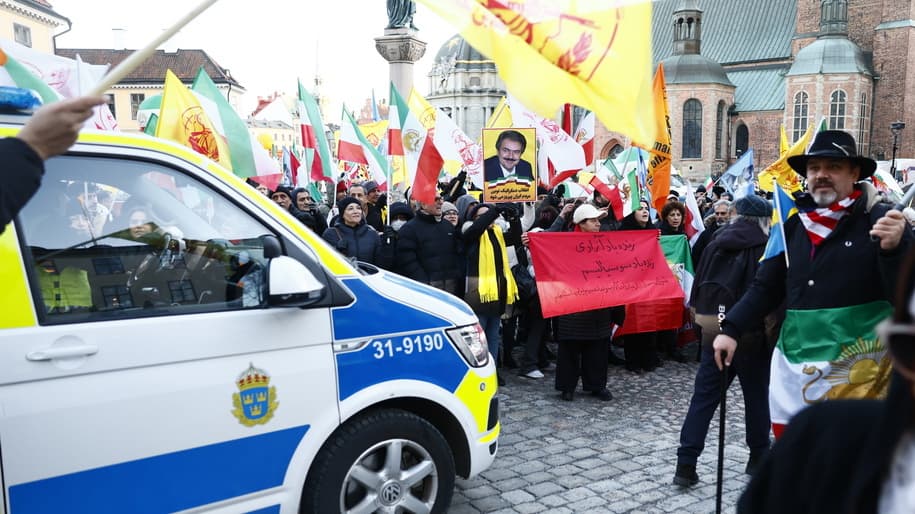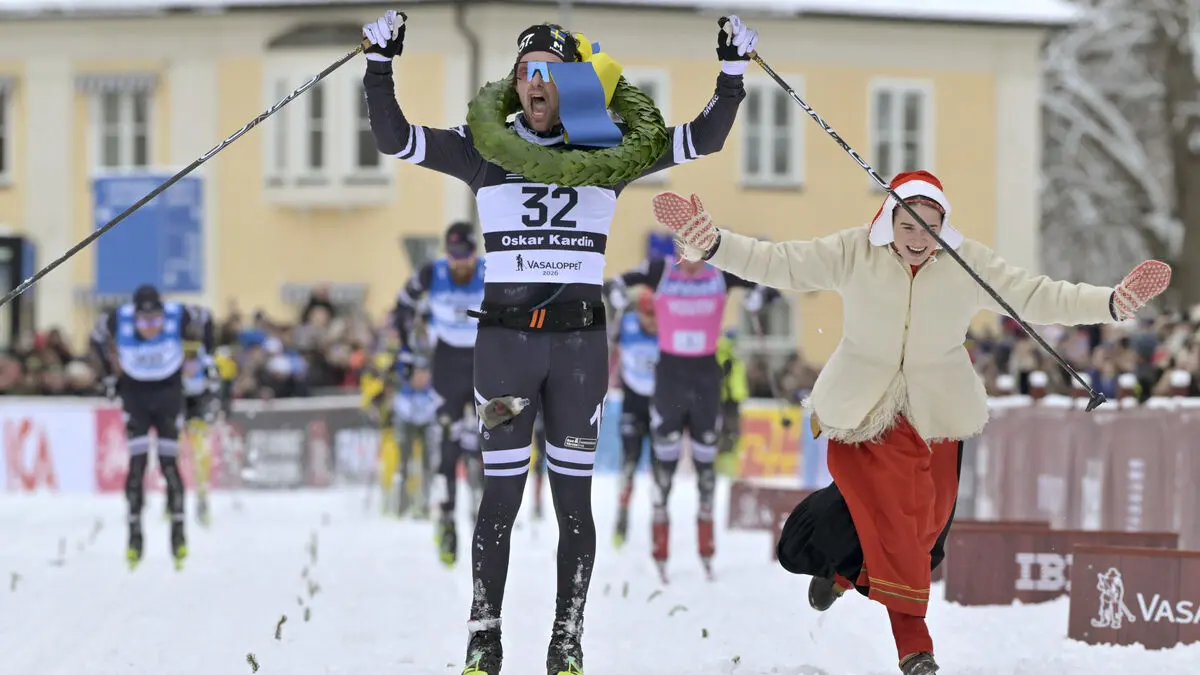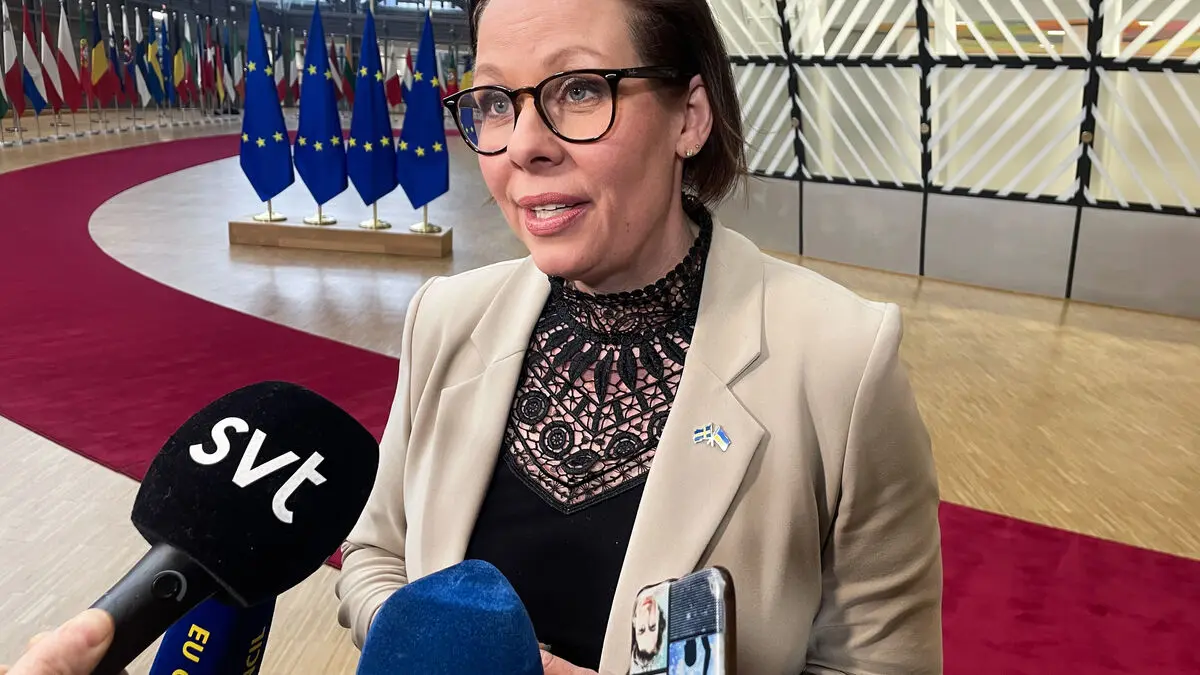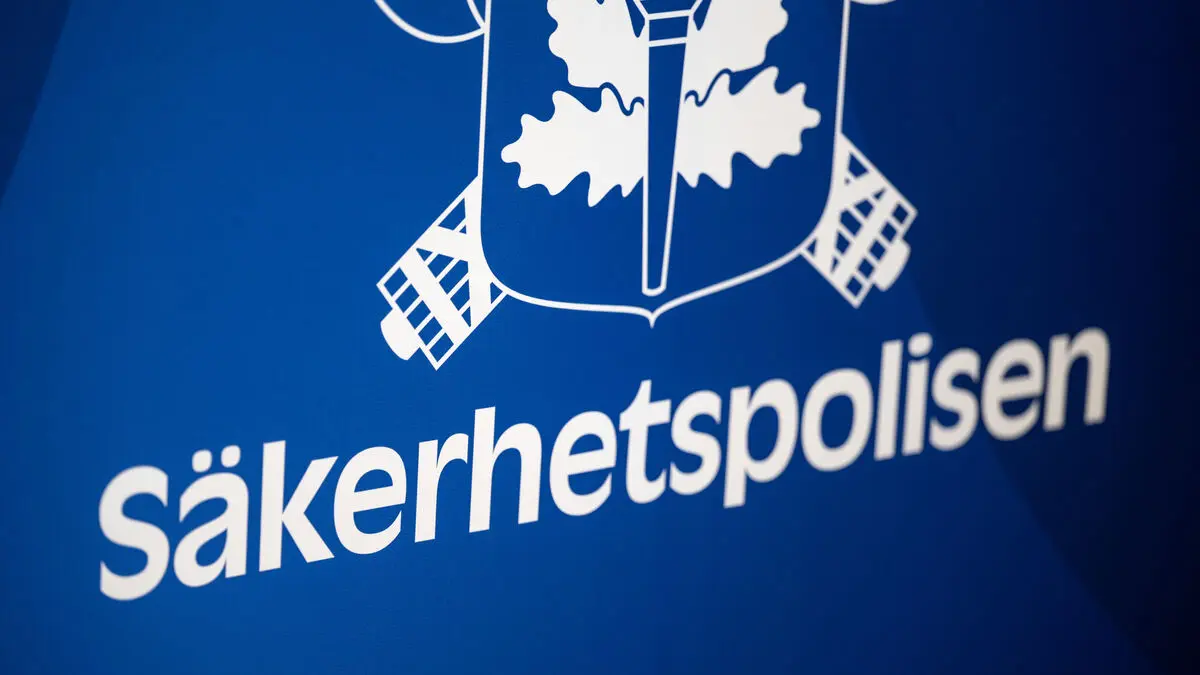A victory for the Iranian regime and a defeat for Swedish diplomacy. This is how Arvin Khoshnood, an Iran expert affiliated with Lund University, comments on the prisoner exchange.
For the Iranian regime, today's prisoner exchange is a demonstration of strength towards its own supporters. Iran has once again shown that it can blackmail the world, according to Iran expert Arvin Khoshnood.
It is, of course, a welcome news for Johan Floderus and Saeed Azizi and their families, but an even greater encouragement to the Iranian regime to continue with its hostage diplomacy, he says.
The news of Hamid Noury's release has sparked widespread attention among exiled Iranians living in Sweden. Many disappointed and worried individuals have contacted Arvin Khoshnood in the past few hours. The disappointment with the Swedish government is great.
What about the 5,000 people Hamid Noury was involved in murdering in the 1980s, while Johan Floderus himself chose to travel to Iran despite being a diplomat who should know that Iran is not a safe country?, are questions I receive, says Arvin Khoshnood.
"Playing hardball"
What matters now is, according to Arvin Khoshnood, how Sweden will act in the future. Still imprisoned in Iran is the Swedish-Iranian doctor and researcher Ahmadreza Djalali.
That he was not part of this prisoner exchange means either that the regime harbours a special grudge against him for reasons we do not know, or they want to use him to continue blackmailing Sweden.
Sweden's government now needs to, together with the rest of the EU, play hardball and very clearly mark that this is not something we will tolerate in the future, says Arvin Khoshnood.
Played out cards
Rouzbeh Parsi, programme director at the Swedish Institute of International Affairs' Middle East and North Africa Programme, is also concerned about the future. He says that the exchange, from a humanitarian perspective, is what many had hoped for, but that the cards may now be played out for Sweden's part.
Ahmadreza Djalali is still imprisoned in Iran. Hamid Noury was the card Sweden had, so now I have difficulty seeing what we have to play with, says Rouzbeh Parsi.






